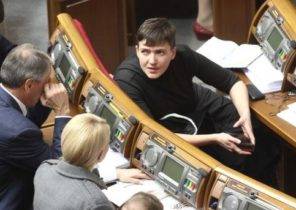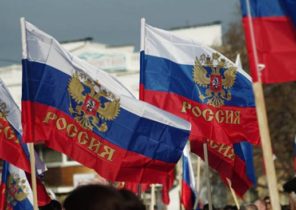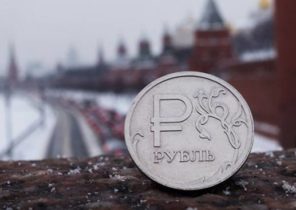
The image of the commander of the penal battalion of the Nikko Parma (Nikke Pärmi) became monumental during the Winter war — or, as he would say, “monumenDDhead”.
When 17 Oct 1957 death finally took the Manager of the factory for the manufacture of plywood Nikko Parma, he was 70 years old.
Diagnosed eight years before the cancer was slowly torn to pieces his whole system, and Parmi knew that death awaited him. He went to his home in the village of Alahärmä, to make sure that the place prepared for the grave and on the stone in advance is engraved his name, date of birth and rank.
The rank of Lieutenant Colonel, he received, as commander of the penal battalion “the Black arrow” during the Winter war.
“Who cares what they think about the war people. War is and will be. She was still up to man, the war was waiting for him. Main craft was waiting for their main contractor. It was and will be. So and not otherwise.”
The words of the American writer and novelist Cormac McCarthy (Cormac McCarthy) somehow miraculously fit for PERMI. When Parma offered to command a battalion, which consisted of convicted servicemen and prisoners, he was 54 years old.
Really experience he was not to occupy: he was trained at the school of infantry in Germany and participated in the battles of the First world war. The commander of the organization of the civil guards North Savo Parma was known not only severe demands on discipline, but also a kind of pronunciation — it is often pronounced “d” instead of “t”. Some of his jokes still live.
According to his granddaughter and biographer of Amy-Kaisa Ahtiainen (Eeva-Kaisa Ahtiainen), grandfather “jumped like a foal on a summer pasture” when they received official notice of appointment.
“My monumentally personality zametili again!”
He waited for the war.
The formation of a separate 21:battalion began in October 1941 in the barracks of the city of riihimäki.
Be trained and sent those who opposed the war, and supporters of Soviet power “reptiles”, and prisoners.
Interesting composition, especially if training no time.
In September the battalion was sent to the front in Eastern Karelia. At this stage, began to run the first deserters. As a result of defections and bloody fighting by November of the initial strength remained only a quarter: 14 officers, 57 non-commissioned officers and privates 211.
Deserters Parmi reported to his commander dryly:
“Well, odd. Addo group of people who have changed address field of the mail.”
Despite this, the battalion came out of many difficult situations, but the officers were constantly complaining about the lack of days off.
“In the Edda situation otpusk can only give to my own funeral,” said Parmi.
Battalion prisoners were known as “Point”, “Devils Parmi” and “Black arrow”. They did have a black upside-down letter V on the left sleeve.
The most important victory of the battalion can be considered as the capture of the village of Kums during a surprise attack. It was sudden and for their parts − they don’t even have time to prepare the grenade by the time when PERMI decided to go on the attack. Kumsoy captured in 40 minutes, and one of the warrant officers even wrote a poem about this:
“Desperately fighting night guys, let the Russians no mercy do not wait. As before, Parmi soldiers on your favorite thing go again”.
In the regimental journal the seizure is described as:
“In the village of Kums soldiers of the battalion 21 found a (Russian) vodka warehouse which has been completely devastated and, being drunk, has created confusion, which led to unnecessary loss of life.
Parmi left his post of “leader of hell” on may 5, 1942, when he was almost 55 years, and for this reason he was considered too old for service at the front.
Fully to the civil service, he was released only after the Soviet-Finnish war of 1941-1944, when the organization of civil guards were disbanded. The last years he was Manager of the plant in Kuopio and helped his wife Annie in the work with war orphans.







